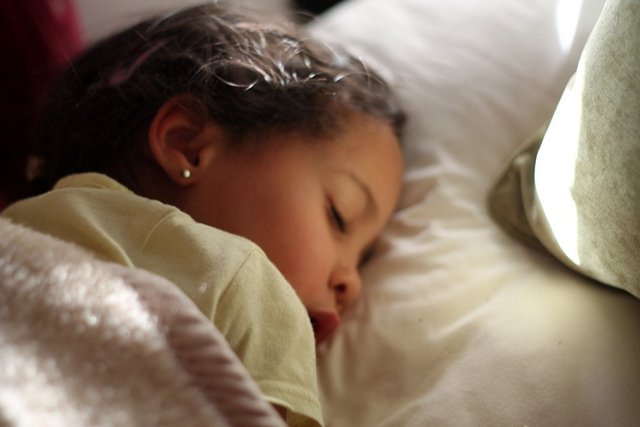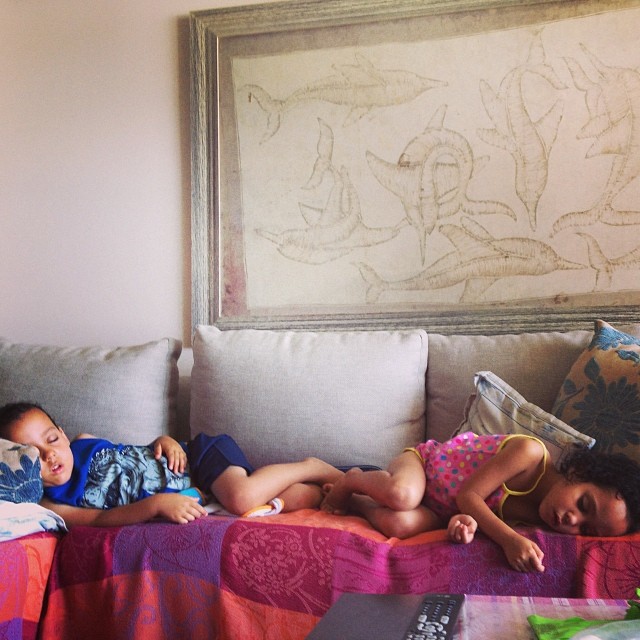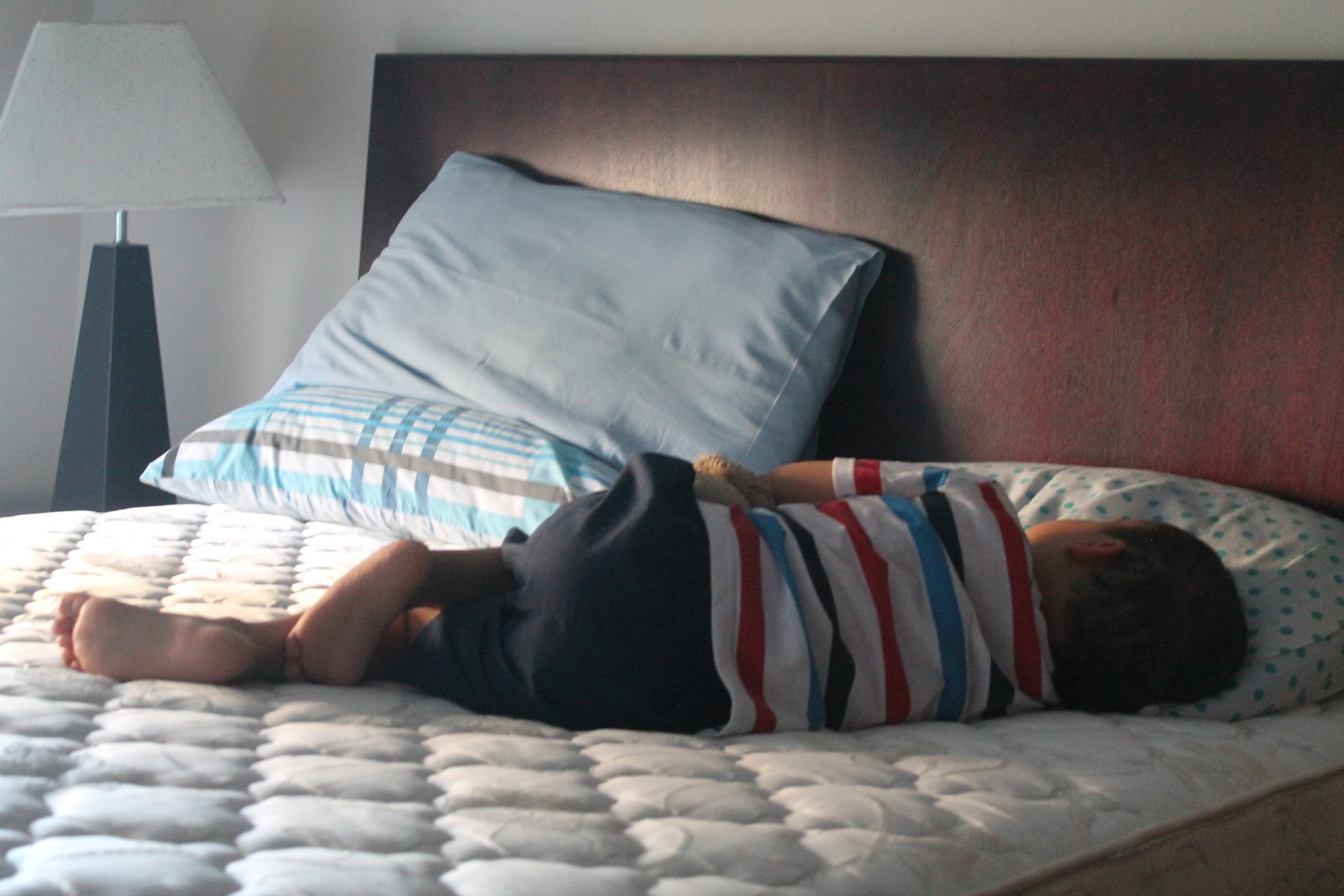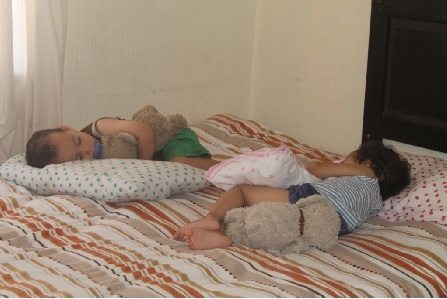
It’s no secret that I love my sleep.
I both enjoy sleep and I sleep well. Some of it is personality, I think, but I do think I have some very good sleep habits too.
Whenever I put up my sleep stats on Instagram, I always get so many direct messages from people who say things like, “oh that must be nice” and “how do you sleep so much?”.
Well, I sleep a lot because I’ve realised that when I’m tired I won’t be as productive as I will be when I’m rested. Because when I’m up after a good night’s sleep, I’m a machine 🙂
Sleep also has many other benefits like being good for your mental health, stress relief, immune system, heart, good for managing weight. In addition, and this is a big benefit, it’s good for your memory, and helps you focus and concentrate. I also heard Lisa Genova on a podcast say that deep sleep helps clear out brain waste which prevents Alzheimer’s.

Here are a few of my tips:
- Set a sleep goal. My goal is 7 hours 30 every night. I upgraded my Fitbit recently and while my Fitbit now gives me a sleep score, my sleep score is always better when I sleep more than 7h30.
- Sleep when you’re tired. Realise that when you’re tired, the very best thing you can do no matter how much work there is still to get done, is to actually sleep.
- Move your body. I sleep my best sleep on the days I have a good workout. It’s boring to say this but our mothers were onto something when they told us to go outside and play.
- Stop caffeine at lunch. This is not a problem for me, but I know many people who do not have good sleep habits when they have coffee after lunch. Dr Rangan Chatterjee, in his book, The 4 Pillar Plan, talks about how, at bedtime, about 25% of caffeine is still in our system. If you don’t sleep well, stop your coffee at 12 and see if it makes a difference.
- Avoid your phone before bed. Everyone gives me a hard time about this one but hey, if you want to sleep better, avoid your phone for a good 1 – 2 hours before bed. You can charge your phone at an outlet across the room. I charge mine next to my bed but it’s on the floor, face down, almost slipped under the bed. I also don’t look at Whatsapp after my phone goes dark (shortly after my work day ends). There is a downside to it but I’d rather have a few more messages in the morning than have restless or disrupted sleep.
- How is your sleep on a scale of 1 – 10?
- Do you have good sleep hygiene?
- Do you spend time on your phone before bed?













